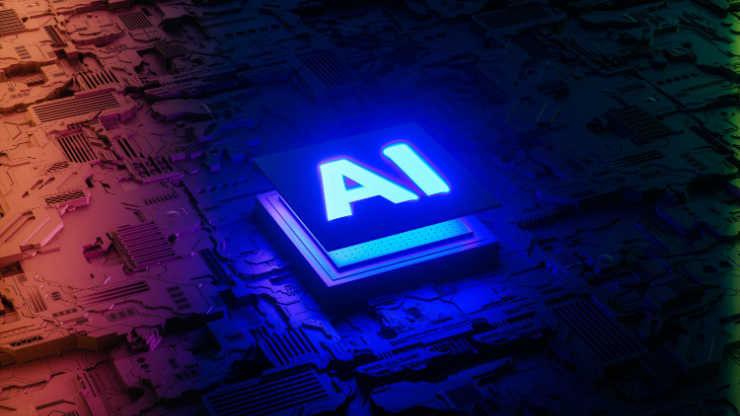
By Bounyong Koulavong @ Shutterstock.com
In the Financial Times, Delphine Strauss suggests that artificial intelligence (AI) could need more time before it really boosts productivity. She writes:
“Very little of this stuff is plug and play . . . companies have to invest a lot of resources to reconfigure their business model for this new thing,” Syverson said. “New software, regulatory issues, all that stuff has to be figured out. There is a period where the technology is around and you can see the benefits but for lots of reasons . . . productivity goes down.”
John Haltiwanger, professor at the University of Maryland, agreed that AI breakthroughs involving large-language models would eventually boost the economy. The US was, he said, now undergoing a transition similar to that of the late 1980s, when the economist Robert Solow said: “You can see the computer age everywhere but in the productivity statistics.”
The radical shifts brought about by generative AI could eliminate what John Van Reenen, professor at the London School of Economics, described as “a lot of drudgery” in workplace practices, enhancing efficiency and growth in the process.
However, earlier technological leaps have taken decades to deliver meaningful pay-offs in productivity.
“It takes an enormous amount of time for companies to change,” said Nick Bloom, a professor at Stanford University, citing the example of the invention of electric motors in an era when most industrial buildings were configured for water or steam power.
There are already big claims for generative AI’s transformational effects on productivity. A recent paper published by the Brookings Institution — written with assistance from the GPT4 model — cites evidence that it can help coders work at twice their previous speed, halve the time taken to complete certain writing tasks and make call centres 14 per cent more productive.
Read more here.
